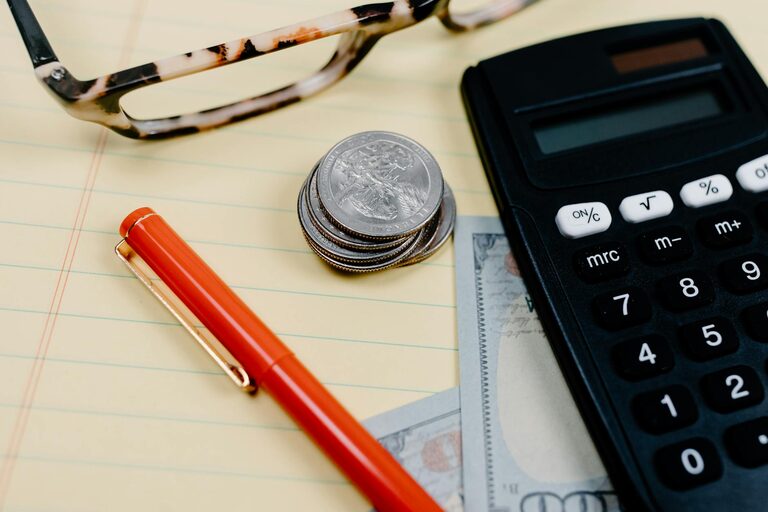Managing your finances doesn’t have to be overwhelming. By adopting a few simple budgeting habits in your everyday life, you can build a healthier financial future without sacrificing comfort or time. This blog post explores practical, easy-to-follow tips that anyone can implement to keep spending in check, boost savings, and reduce money-related stress.
Why Simple Budget Habits Matter
Budgeting often brings to mind complex spreadsheets and strict limits, which can discourage many. However, simple habits don’t require extra effort but gradually improve your financial awareness. When these habits become part of your daily routine, managing money feels natural and less intimidating.
Start With Tracking Your Spending
One of the most important steps in budgeting is knowing where your money goes. Simple tracking lets you spot unnecessary expenses and find room to save.
How to Track Your Expenses Easily
– Use a budgeting app: Many free apps let you link accounts and categorize expenses automatically.
– Keep a spending journal: Write down every purchase throughout the day.
– Review bank and credit card statements weekly.
Start by tracking for a week or two to get an honest picture of your habits before making changes.
Set Realistic Spending Limits
Based on your spending overview, set limits for non-essential categories like dining out, entertainment, or shopping. Keep these limits reasonable to avoid frustration.
Tips for Setting Spending Limits
– Prioritize bills and essentials first (rent, utilities, groceries).
– Allocate a fun money fund for occasional treats.
– Adjust limits month to month based on results.
Using cash envelopes or disabling online shopping saves can reinforce discipline.
Make Saving Automatic
One of the best ways to grow your savings without thinking too much is automation.
Easy Ways to Automate Savings
– Set up automatic transfers to a savings account on payday.
– Use apps that round up purchases and save the change.
– Enroll in employer savings plans like retirement funds.
Even small amounts add up over time and help build an emergency cushion or long-term goals.
Plan Meals and Grocery Shopping
Food expenses often take a big chunk of the budget. Planning meals reduces impulse buys and food waste.
Budget-Friendly Meal and Grocery Tips
– Create a weekly meal plan and shopping list.
– Shop sales and use coupons or store apps.
– Buy in bulk for staples and freeze extras.
– Avoid shopping hungry to reduce temptations.
Batch cooking can save time and money by preparing multiple meals at once.
Use Energy Wisely to Cut Utility Costs
Everyday habits influence utility bills significantly. Being conscious about energy use lowers monthly payments.
Simple Energy-Saving Habits
– Turn off lights and electronics when not in use.
– Use energy-efficient bulbs and appliances.
– Adjust thermostat a few degrees to save heating/cooling costs.
– Fix leaks and insulate windows or doors to improve efficiency.
Even small changes make a noticeable impact over time.
Avoid Debt Traps by Paying on Time
Late fees and high-interest debt quickly worsen your financial health.
How to Keep Debt in Check
– Set calendar reminders for bill due dates.
– Pay credit cards in full if possible.
– Avoid impulsive credit purchases.
– Build an emergency fund to rely on instead of credit.
Good payment habits protect your credit score and reduce financial stress.
Review and Adjust Regularly
Budgeting isn’t set-and-forget. Life changes and so does your budget.
How to Stay On Track
– Check your budget monthly.
– Celebrate successes and identify challenges.
– Make adjustments to spending limits or savings goals.
– Seek advice or tools if needed.
Keeping flexible helps you maintain momentum and make steady progress.
Final Thoughts
Simple budget habits can profoundly improve how you handle money. By tracking expenses, setting limits, automating savings, planning meals, conserving energy, and managing debt consciously, financial wellness becomes achievable for anyone. Start small, stay consistent, and enjoy the peace of mind that comes with good money habits.
—
If you found these tips helpful, consider sharing your own budget habits or questions in the comments below. Together, we can make everyday money management easier and more rewarding!

